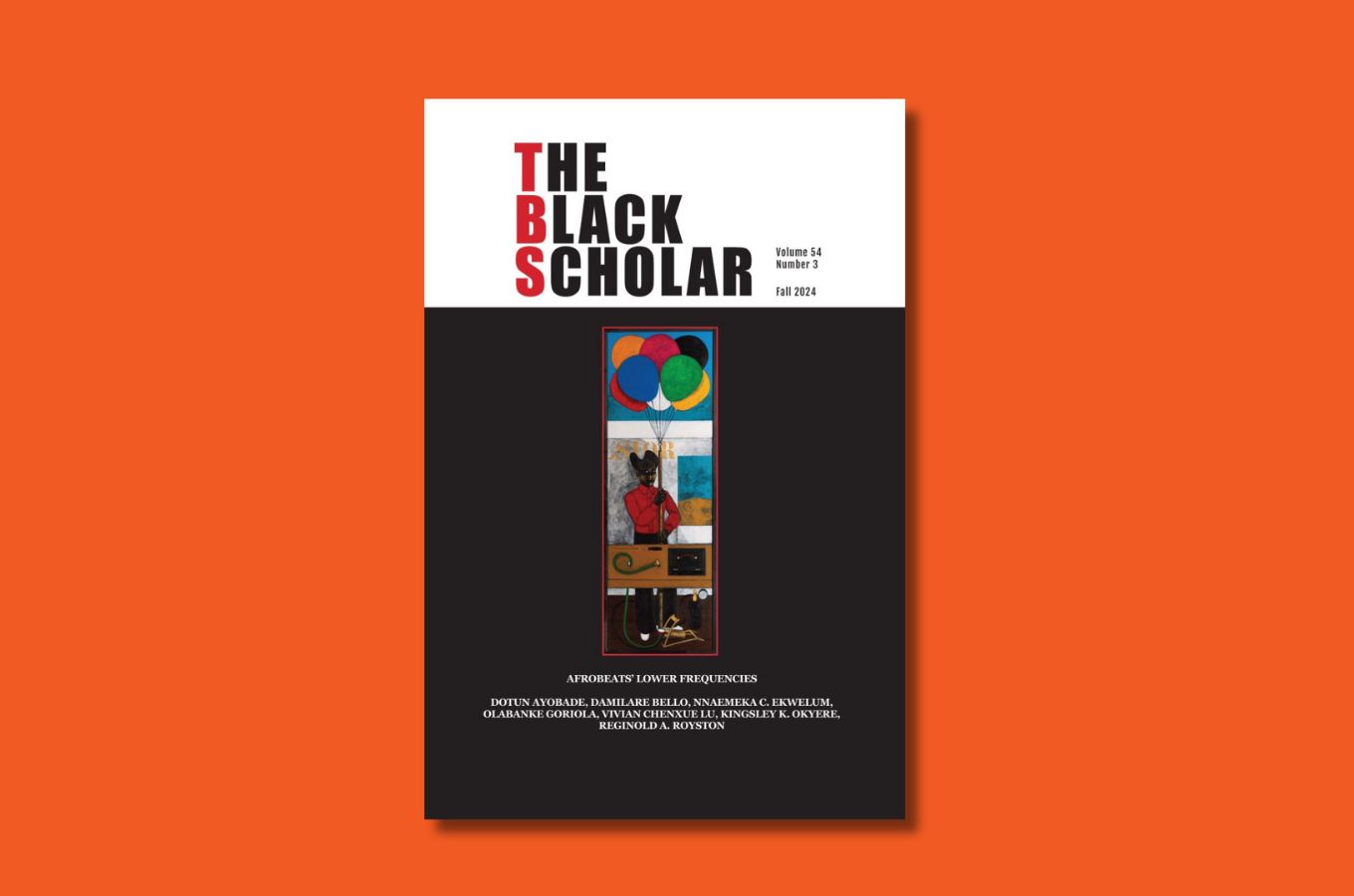
The Black Scholar’s Volume 34, Number 3: “Afrobeats’ Lower Frequencies” was released on September 4th. This issue focuses on the lower frequencies of Afrobeats “takes on what goes unmarked, risks being lost, or is quietly gained as African artists, many signed to African-owned record labels, grace the world’s elite stages.”
Afrobeats tie Africa to the collective representation of Africa in communities of African diaspora. This refers to the cultural symbols tied into African heritage. The new connections that Afrobeats creates allows new opportunities for cultural exchange. Afrobeats fosters global connections and highlights the limitations surrounding Pan-Africanism.
In the introduction to the issue, Dotun Ayobabe acknowledges Afrobeats’ global success because of the visibility it brings to Africa. However, there is another level to the mainstream success of Afrobeats that could strip away the original political meaning of Afrobeats because of the success.
Ayobabe acknowledges that the issues concerning Afrobeats is an important conversation, one that is heavily discussed throughout the issue. He brings up that the “lower frequencies” of Afrobeats shows what “lies beneath, what’s overlooked, what’s least understood, and what goes or has gone underappreciated,” setting up the conversation about Afrobeats in the issue.
Ayobade introduces the types of work that is included in the issue. Dotun Ayobade and Olabanke Goriola wrote an essay in the issue about how political movements develop through the global ambition of music stars.
Another essay included in the issue is written by Damilare Bello that mobilizes two Afrobeats projects to explore the tensions within Afrobeats. According to Bello, these tensions can be viewed as productive in establishing communities within Africa.
These are just a few of the conversations being had between the authors featured in this issue. Afrobeats is criticized for certain reasons, but including texts like these in the conversation can make its intent clearer.
The Black Scholar is the first modern Black studies and research journal. The journal gives opportunities for Black writers to produce work and start conversations. Here is their mission statement:
The Black Scholar‘s primary mission has been to chronicle, analyze, and debate the conditions and the emancipatory efforts of Black people, across class, nationality, gender, generation, sexuality, and ideology.
The pieces within this issue are complex, but necessary in continuing the conversation on Afrobeats and the greater issue of African cultural representation. If you’re interested in reading more or subscribing to the issue, go to their website.
Authors of The Black Scholar: “Afrobeats’ Lower Frequencies”
- Dotun Ayobabe
- Damilare Bello
- Nnameka C. Ekwelum
- Olabanke Goriola
- Vivian Chenxue Lu
- Kingsley K. Okyere
- Reginold A. Roysto.
Cover art for this issue by:
- Abe Odedina









COMMENTS -
Reader Interactions